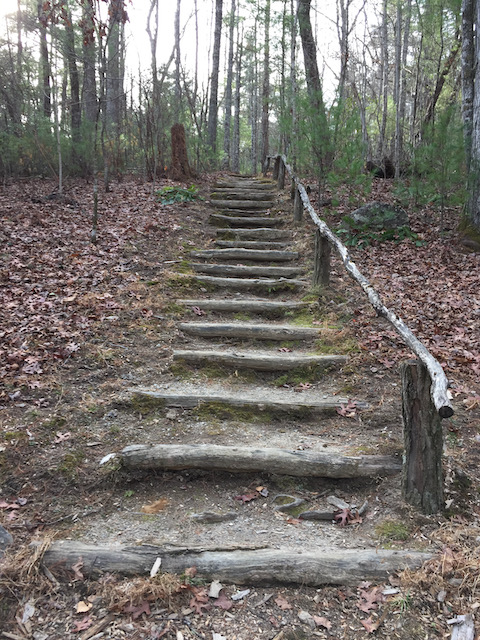It takes some courage to take on what’s new, to try something new, to live into what’s new. Right now it takes courage to keep going through the rumbling storms into the new year. Marion Gilbert observes that this new year will be what every new year is: a continuation. That’s helpful. Remembering that a new year doesn’t arrive fully formed makes meeting it feel less daunting.
At the same time, a continuation brings a lot of old baggage. The heavy realities we carry forward weigh on what’s to come. I think of Jacob Marley’s chain, forged link by link. Bracing ourselves to endure its weight requires one particular kind of courage; allowing ourselves to release what’s not needed is another.
The long endurance that the COVID era requires is a new place to be. We’re having to dig deep for the extended perseverance it takes. Our reservoir of everyday coping strategies ran dry long ago, and we need the kind of spiritual sustenance that cannot be generated by force of will. It’s a fresh challenge, or at least a deepening one, to find those wells of replenishment and to continue dealing with the crucible of our current time.
However we characterize it, this malaise is not just our individual experience. Talking to one another makes it clear that we’re experiencing this collectively. At the same time, when the positivity rate is at record levels in Kentucky and people still can’t be bothered to wear a mask, it’s easier to see the divisions than to feel like we’re in this together. But that’s exactly why it troubles me to see bare-faced shoppers: I know we really are in it together. I pray for anyone who needs a hospital bed anytime soon.
Because I tend to look toward the positive aspects of things, something in me wants to resist saying that we’re in a hard place. I’d rather focus on finding some good that comes from all of this. But as the challenges go on and on there is simply no avoiding how difficult these days are, even for those of us not suffering on the front lines of public contact and health care.
In a recent column, David Brooks points out that Americans are driving less but deaths from traffic accidents are up. Belligerent behavior in hospitals, schools, and in public is on the rise. Substance abuse and overdose deaths are increasing. We’re giving less to charity.
Perhaps healing begins with acknowledging the truth of this painful era. There’s a kind of surrender that comes with looking directly at how things are, showing compassion for ourselves and others as we make our way through it. This kind of surrender is not the same as giving up. It’s more a matter of being honest about the condition we’re in.
Naming what’s real honors the loss we’re all experiencing. Acknowledging the painful realities that we’re trying to cope with brings a tenderness to how I move through the world. The vulnerability and fragility that I sense in myself and others feels both sad and true. It slows me down, and makes me appreciate the genuine moments of beauty and hope.
The courage to abide with what’s true makes us more receptive to what our ego would otherwise dismiss. It helps us to pay attention, to see what we would otherwise overlook, to be truly present. The tenderness evoked by these times helps us appreciate the beauty of caring for one another, of connecting with one another. It shows us how we need each other. Bringing presence to one another makes things better.
Tenderness helps me notice and appreciate the moments of beauty and connection that permeate every single day. Beauty is spiritual sustenance, and even sweeter when shared. As we honor what is true, we can help heal this world by bringing our attention to what is beautiful, sharing it with others, and enjoying those moments together.
Susan Christerson Brown

